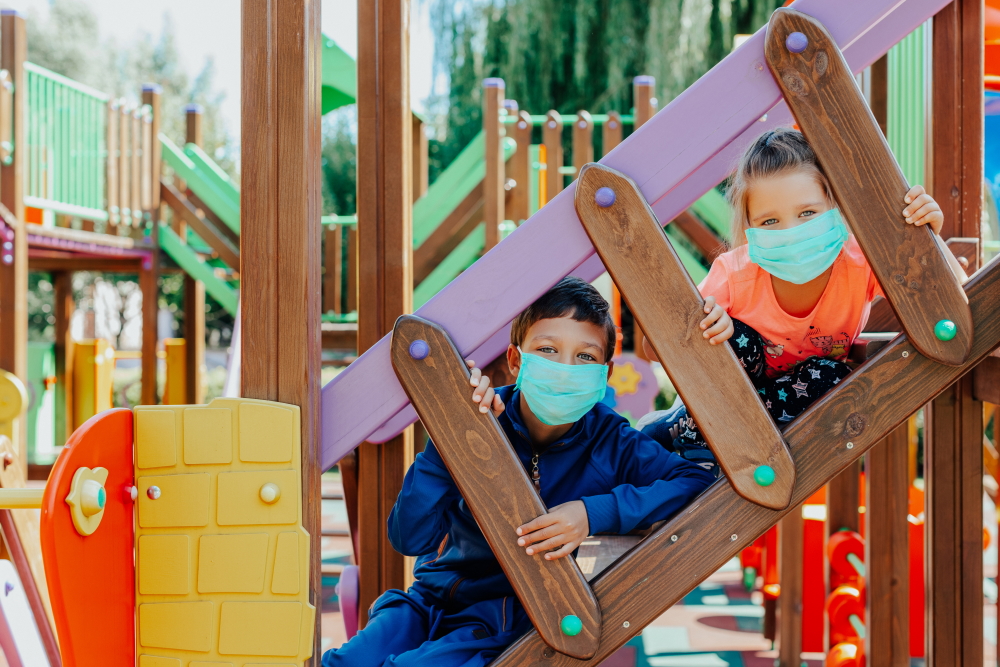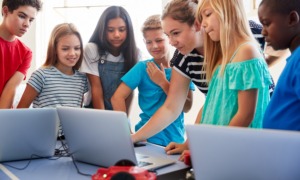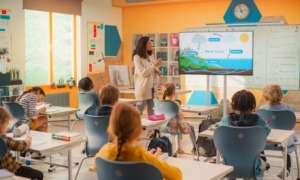 L.JULIA/SHUTTERSTOCK
L.JULIA/SHUTTERSTOCK
As the pandemic drags on, families who have the greatest need for after-school programs for their children have had less access.
Programs serving higher-income kids were almost twice as likely to be open in person this summer than those serving less affluent families, according to surveys released last week by the Afterschool Alliance and the National Summer Learning Association. The survey was conducted in late July.
It’s another example of how the burden of the pandemic weighs unequally on families.
Many 21st Century Community Learning Centers, which are federally funded and serve less affluent communities, were physically closed. That’s because 86% of them are located in public schools and schools were closed for the summer, according to the survey. Many schools continue to be physically closed.
However, only 5% of all the surveyed after-school providers reported offering no services this summer. Instead of having in-person programs, they reported delivering meals, connecting virtually with kids and helping families find resources, according to the Afterschool Alliance. About 27% of them were serving the families of essential workers, up from 18% in spring, the survey showed.
Program providers expressed concern in the survey. They feared loss of funding this year and the long-term consequences to their nonprofit or business. More than one-fifth of those surveyed were extremely concerned that their program might have to close.
“There are flashing red lights in these surveys with regard to the sustainability of the programs that families rely on, and the ability of these programs to serve the students who need them the most,” said Jodi Grant, executive director of the Afterschool Alliance, in a statement.
She called on the U.S. Department of Education to expedite its promised waivers to states to allow 21st Century programs to operate when schools are closed. Those waivers should have happened far sooner, she said.
The U.S. House of Representatives passed legislation in early September allowing the waivers, and Grant urged the Senate to follow.
Summer and after-school programs are vital to America’s recovery, said Aaron P. Dworkin, CEO of the National Summer Learning Association, in a statement. Both the Association and the Afterschool Alliance are seeking $6.2 billion in additional federal funding to support and expand programs during the pandemic.































